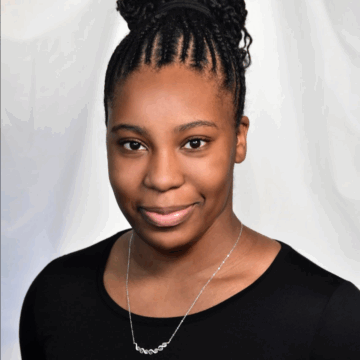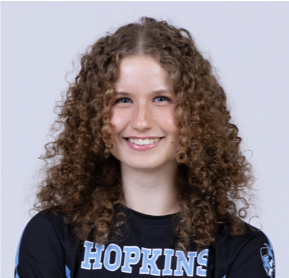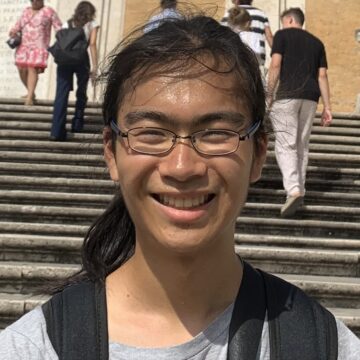
By Jerry
I looked up and flinched slightly. There were at least sixty of them, far more than expected. I had thirty weeks to teach them the basics of public speaking. Gritting my teeth, I split my small group of tutors among the crowd and sat down for an impromptu workshop with the eighth graders. They were inexperienced, monotone, and quiet. In other words, they reminded me of myself…
I was born with a speech impediment that weakened my mouth muscles. My speech was garbled and incomprehensible. Understandably, I grew up quiet. I tried my best to blend in and give the impression I was silent by choice. I joined no clubs in primary school, instead preferring isolation. It took six years of tongue twisters and complicated mouth contortions in special education classes for me to produce the forty-four sounds of the English language.
Then, high school came. I was sick of how confining my quiet nature had become. For better or for worse, I decided to finally make my voice heard.
Scanning the school club packet, I searched for my place. Most activities just didn’t feel right. But then, I sat in on a debate team practice and was instantly hooked. I was captivated by how confidently the debaters spoke and how easily they commanded attention. I knew that this was the path forward.
Of course, this was all easier said than done. Whenever it was my turn to debate, I found that I was more of a deer in the headlights than a person enjoying the spotlight. My start was difficult, and I stuttered more than I spoke in those first few weeks. Nonetheless, I began using the same tools as I did when I learned to speak all those years ago: practice and time. I watched the upperclassmen carefully, trying to speak as powerfully as they did. I learned from my opponents and adapted my style through the hundreds of rounds I lost. With discipline, I drilled, repeating a single speech dozens of times until I got it right.
Day by day, I began to stand a little taller and talk a little louder both inside and outside of debate. In a few months, my blood no longer froze when I was called on in class. I found I could finally look other people in the eyes when I talked to them without feeling embarrassed. My posture straightened and I stopped fidgeting around strangers. I began to voice my opinions as opposed to keeping my ideas to myself. As my debate rank increased from the triple to single-digits, so too did my standing at school. I began interacting with my teachers more and leading my peers in clubs. In discussions, I put forward my ideas with every bit as much conviction as my classmates. When seniors began to ask me for advice and teachers recruited me to teach underclassmen, I discovered not only that I had been heard, but that others wanted to listen. At heart, I am still reserved (some things never change), but in finding my voice, I found a strength I could only dream of when I stood in silence so many years ago.
Standing in front of the crowd of students, it was my hope that by founding this program, I could give them an experience that was as empowering as mine had been for me. As the weeks passed, the students inched past their insecurities and towards finding their voices, just as I had always wanted to do. On the last day of class for that year, I looked up and saw each of the students standing confidently, equipped and ready to speak their minds in whatever they wanted to do. They had come a long way from being the shy and stuttering novices that they were just thirty weeks before—I can’t wait to see how far they can go from here.
Admissions Committee Comments
Jerry’s essay helped the admissions committee understand his background and how he persevered and grew through debate. Although we had already learned about Jerry’s enthusiasm for debate in other parts of his application, this essay gave so much more depth into why this activity is meaningful for him. Given what he shared in his essay, we can imagine Jerry being an active participant both in and out of the classroom.





